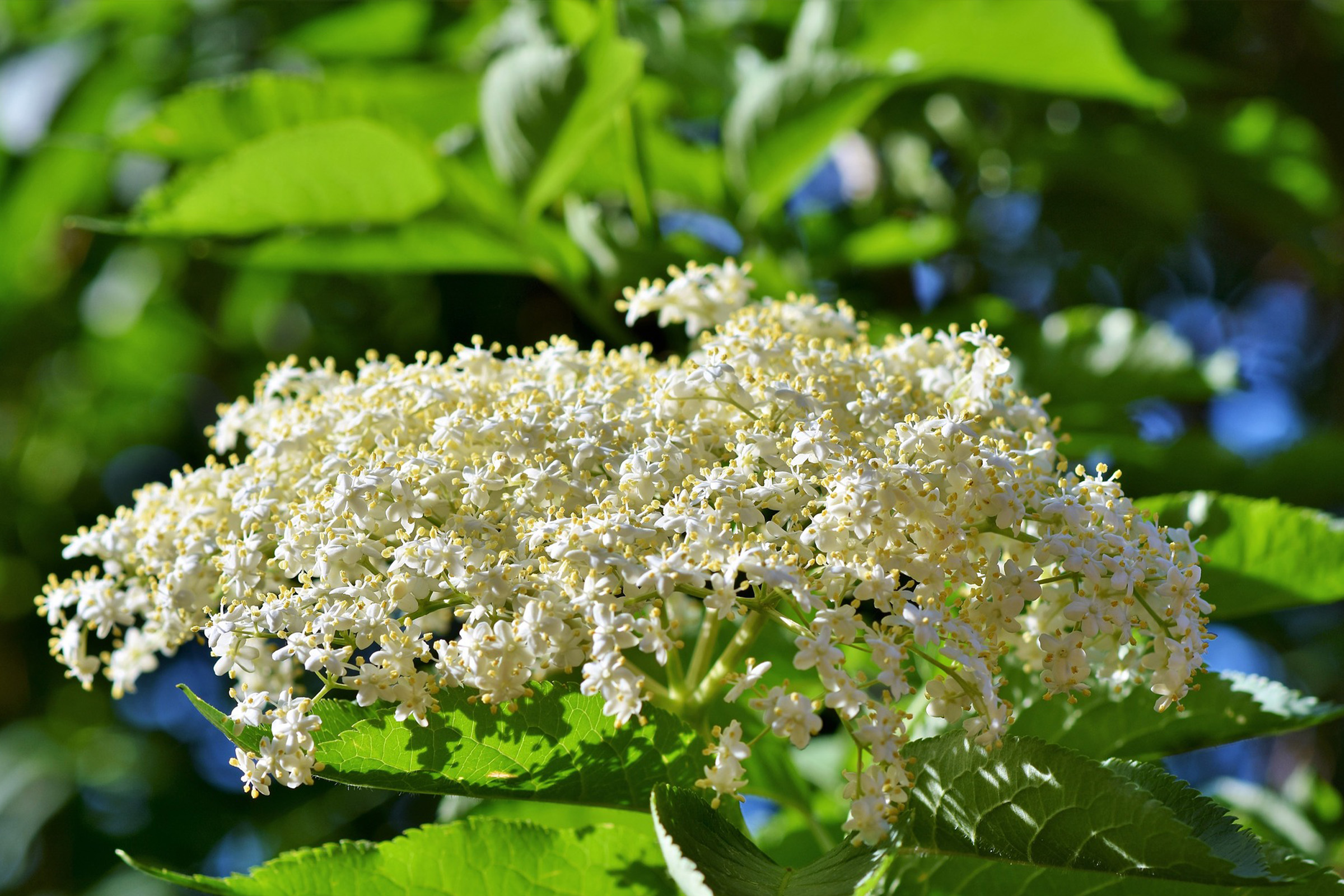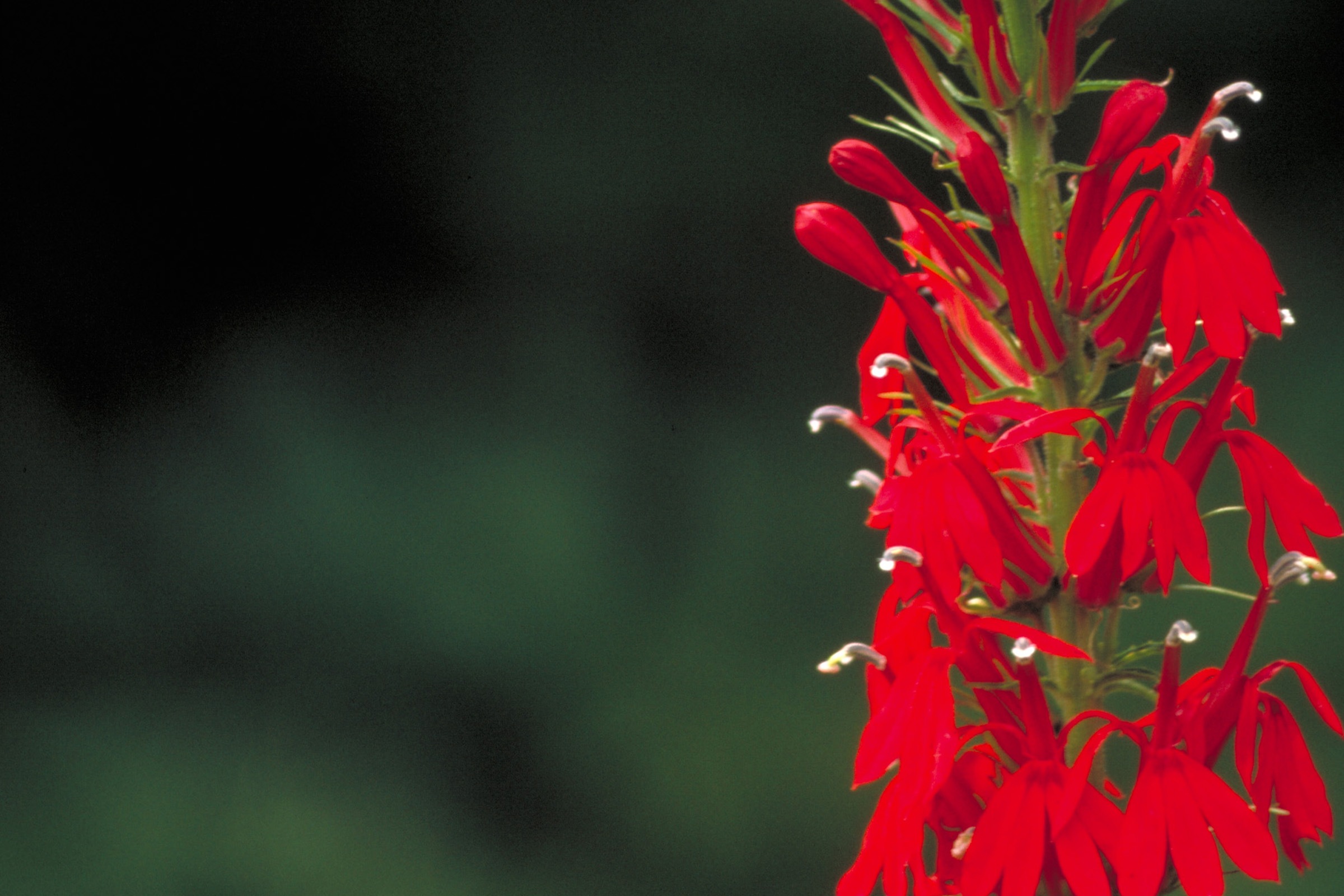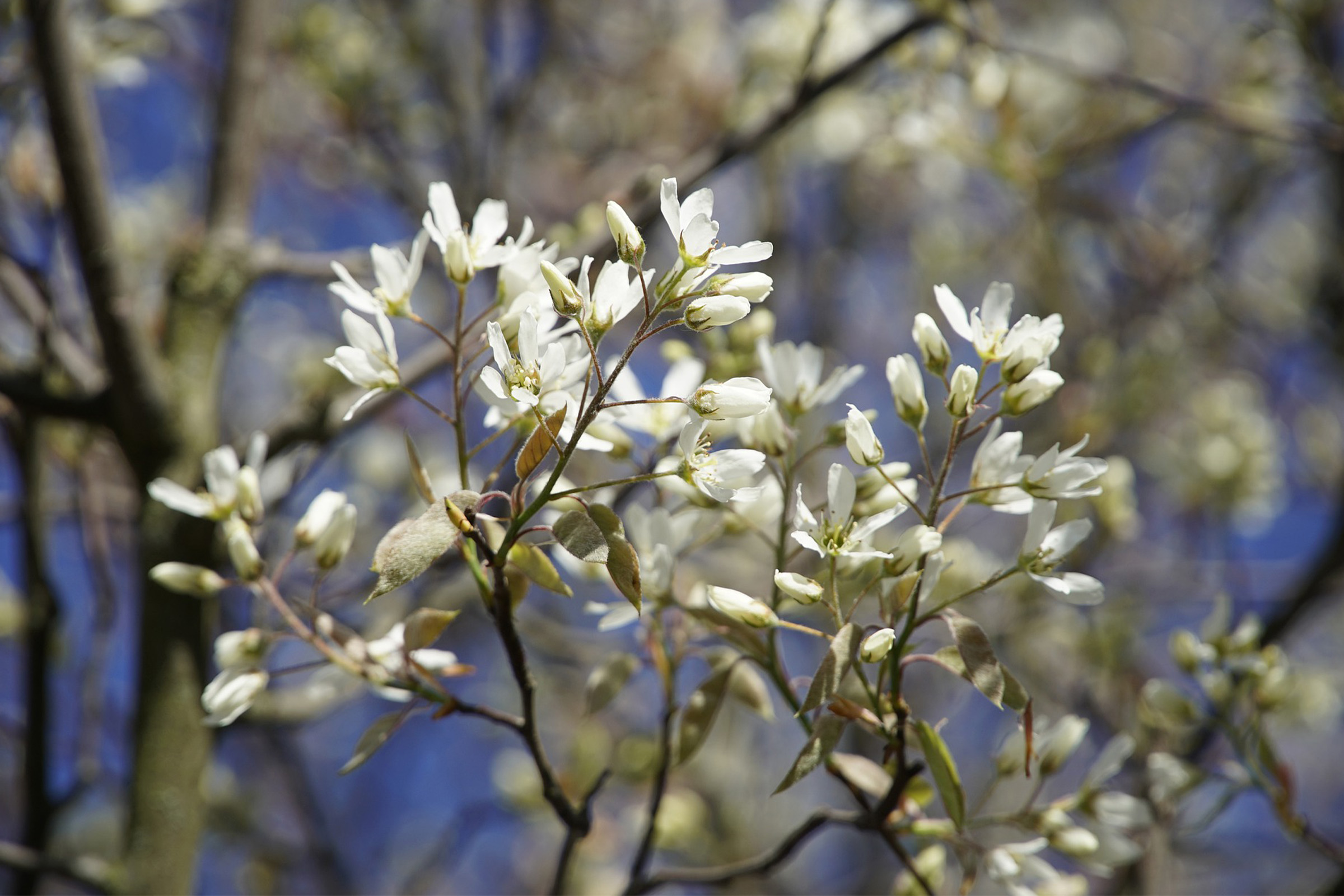Blog

Ask Dr. Phipps: Pollinator Plants
Have a question about your perennials, houseplants or turf grass? Worried about pests in the garden, hydrangeas that won't bloom, or tomatoes that died on the vine? Dr. Phipps can help! Ask Dr. Phipps is a free service provided by Phipps Master Gardeners. Contact us with your questions and you may be featured in an upcoming blog post!
Q: I am interested in information about creating a native plant landscape in our backyard in Pittsburgh. I cannot find a list or website that clearly states which plants are pollinator friendly and good for bees in Pennsylvania. Could you give me a list of pollinator plants that help bees in PA?
A: I have a few links to plant lists for pollinators included below, but before we talk about specific plants let’s take a look at overall needs for our pollinators.
Provide Food, Shelter and Water
A diverse mix of plants that provide pollen and nectar are important for bees and other pollinators. In addition, make sure that you have plants with overlapping bloom times from early spring through late fall; this way the bees will be able to find food while they are active and hungry. Also, leave the spent flower stalks up through the winter to provide overwintering sites for pollinators. These diverse insects will overwinter in different life stages (as eggs, pupas, larvae or adults) and in different places in your garden (in the soil or stalks of plants), so save your cleanup for the spring.
In addition to providing plants for our pollinators, you may want to provide additional shelter sites such as bee boxes or bare ground. There are roughly 400 native bees in Pennsylvania, many of which are solitary bees that do not have hives. These bees may make their homes in a patch of bare ground or in small cavities such as spent flower stalks or bee houses. Bees benefit from shallow dishes of water with rocks on the bottom, so that they can get a drink but won’t drown.

Plant Suggestions
There are many beautiful spring blooming trees that will provide early nectar sources for bees, try one of these short trees for an urban lot without a lot of space: common serviceberry (Amelanchier arborea), eastern redbud (Cercis canadensis) and witch hazel (Hamamelis × intermedia).
Flowering shrubs provide food and shelter for bees, try these: sweet pepperbush (Clethra alnifolia), elderberry (Sambucus canadensis), and nine bark (Physocarpus spp.).
Here are some perennial suggestions for bees in Western PA: mountain mint (Pycnanthemum virginianum), dense blazing star (Liatris spicata), and cardinal flower (Lobelia cardinalis).
Find out more by looking through our online Pollinator Pocket Guide.
Find more pollinator friendly plants by using our Sustainable Plant Finder. When you open to the plant finder tool, you will see various characteristics listed down the left side of the page. Scroll until you see Ecological Functions and click “pollen for bees…” and “nectar for bees…” for a list of plants to attract and support pollinator populations.

Pollinator Plant Lists
Here are some additional plant lists to get you started. The links below not only list good native pollinator-friendly plants but also tells you their bloom time during the season. Be sure to select various plants that bloom from early spring through the fall.
- From Xerces Society
- For those on the eastern side of the state
- From Pollinator Partnership
- And another from Pollinator Partnership
- From Penn State Extension

More Resources
Penn State Extension offers a lot of information regarding good native pollinator plants for bees (and other pollinators). They even have a Pollinator Friendly Garden Certificate Program that will help you develop a wonderful pollinator haven. In addition, PSU Extension did a pollinator plant trial documenting, over the course of several years, the number of times specific plants were visited by pollinators in a growing season. See information iabout that study here. From that study, a list was compiled of the best native plants to attract pollinators.

